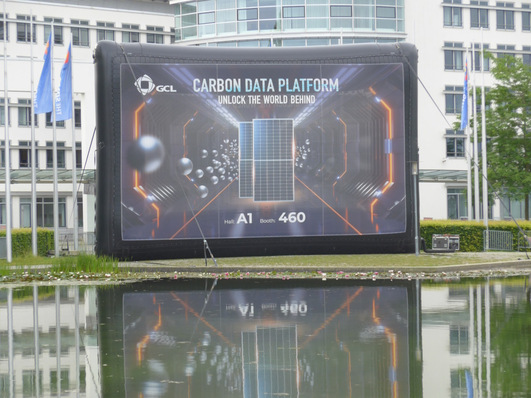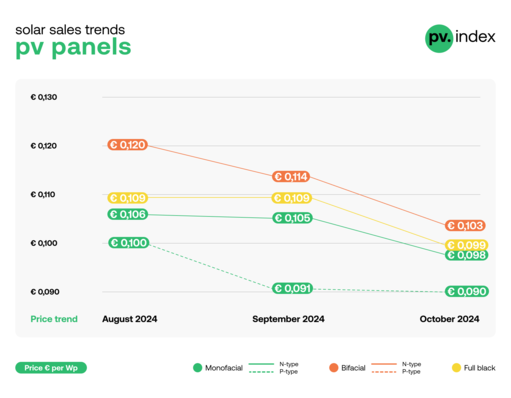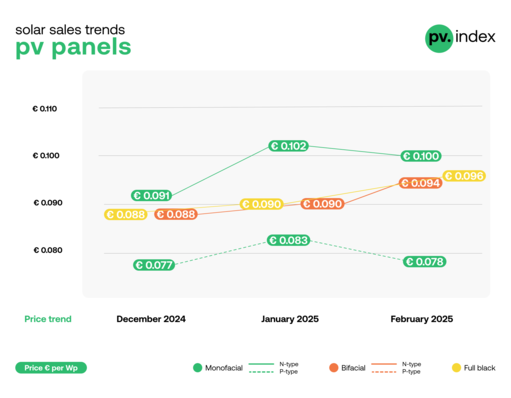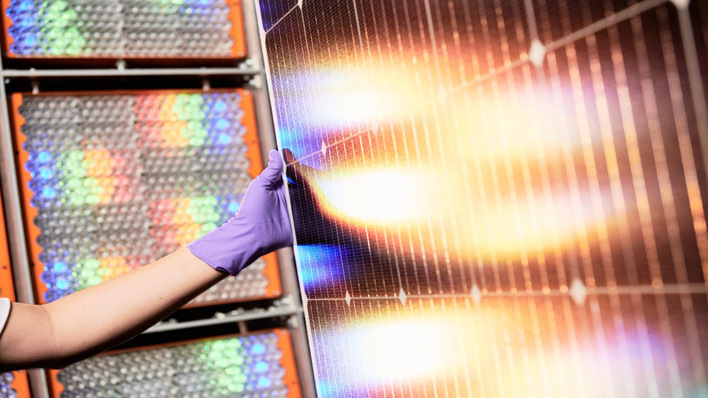pv Europe: Were those the first systems that you've sold to Dubai?
Franz Ehleuter: The order from Shuaa Energy 1 PSC was the first order that we've received to date from Dubai. But we have seen a lot of interest for our products from the region. Naturally that comes down to the high levels of dirt and contamination caused by the dry weather and the amount of dust. With the SunBrush mobil we have a system that is very well suited to these conditions. It provides the equivalent performance of 20 hand-washes per day, as well as a modern and air-conditioned workplace.
How many systems have been sold in total - and where to?
Since the company was formed in 2009, we've sold several hundred cleaning systems throughout the world. That includes the main photovoltaic markets in Europe, as well as South America and the Near East and Middle East. It's really amazing from how far afield enquiries come. At the beginning of this year, for example, I accompanied a delivery of one of our machines to Senegal. That demonstrates the extent to which the Solar Market has advanced globally. It also proves that the need to take care of and clean solar installations to ensure stable power yields is universal.
How long does a cleaning cycle take?
That depends on the size and contamination levels of the individual PV parks or rooftop installations. In the case of the project in Dubai a complete cleaning run with four machines takes ten days. Once finished, the cycle starts again from the beginning. Depending on the so-called table height, it is possible to reach a speed of two kilometers an hour.
Is qualified staff necessary? Do operators require training?
The personnel should be able to drive a tractor as generally the system is mounted to these vehicles. The operation itself is almost self-explanatory. Nonetheless, we do train our customers prior to the first use of the machines. A certain level of technical understanding is of course helpful. What's important is that the contact pressure of the brushes on the surface of the module is set correctly. During the cleaning run, the SunBrush mobil automatically balances out any ground unevenness by way of the Washtronic system. This ensures efficient cleaning that is totally damage free.
To what extent would this lead to an improved yield?
That also depends above all on the contamination parameters and in part on the performance of the individual installation. In Dubai up to five millimeters of sand lies on the surface of the modules. In a case like this the yield equates to zero. Once it's been cleaned then the module returns immediately to full capacity. At our latitudes here in central Europe, yields can be expected to rise by up to eight percent or more. An installation that is optimally aligned with intact modules will obviously see more benefit than an amateur set-up with surface damage.
How expensive is the system and what is the length of the return on investment?
Even by low contamination levels of five percent, the yield losses are greater than the cleaning costs. If the cleaning system can be mounted on convertible machinery that is readily available, such as, for example, a tractor, a digger, or concrete pumps, then the costs are even lower. It is also the case that the dirtier the panels, the quicker the operating costs and purchase price will be recouped. A Sunbrush mobil can be purchased for as little as 30,000 Euros. The cleaning of a ground-mounted PV installation in Germany with water will incur average costs, depending on the size, of between 1.50 and 2 Euros per kilowatt-hour. That corresponds to between 1,500 and 2,000 Euros for an installation with a capacity of one megawatt.
Can the system also be used on large-scale rooftop installations?
The Sunbrush mobil can be universally deployed, whether for ground-mounted installations, or those on rooftops. At the same time, we are also able to adjust our brushes to suit the individual topographical and technical requirements of a solar park. The systems can also be operated with almost all standard tractors, diggers, or telescopic handlers. When structuring the components we pay particular attention to quality and to robustness. For this reason, whenever possible, we use parts that are also used in tried and tested construction machinery. This ensures that they are globally available and can be quickly replaced when necessary.
Interviewed by Hans-Christoph Neidlein
Read more about solar modules
Stay informed, get our weekly newsletter. Register here: http://www.pveurope.eu/Newsletter
Related news:
https://www.pveurope.eu/solar-modules/giga-pv-cost-reduction-pv-power-plants-earths-sun-belt







